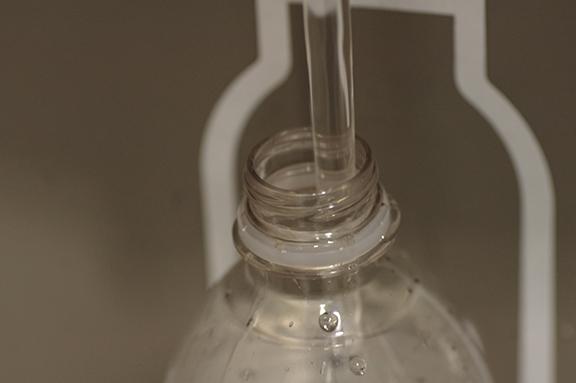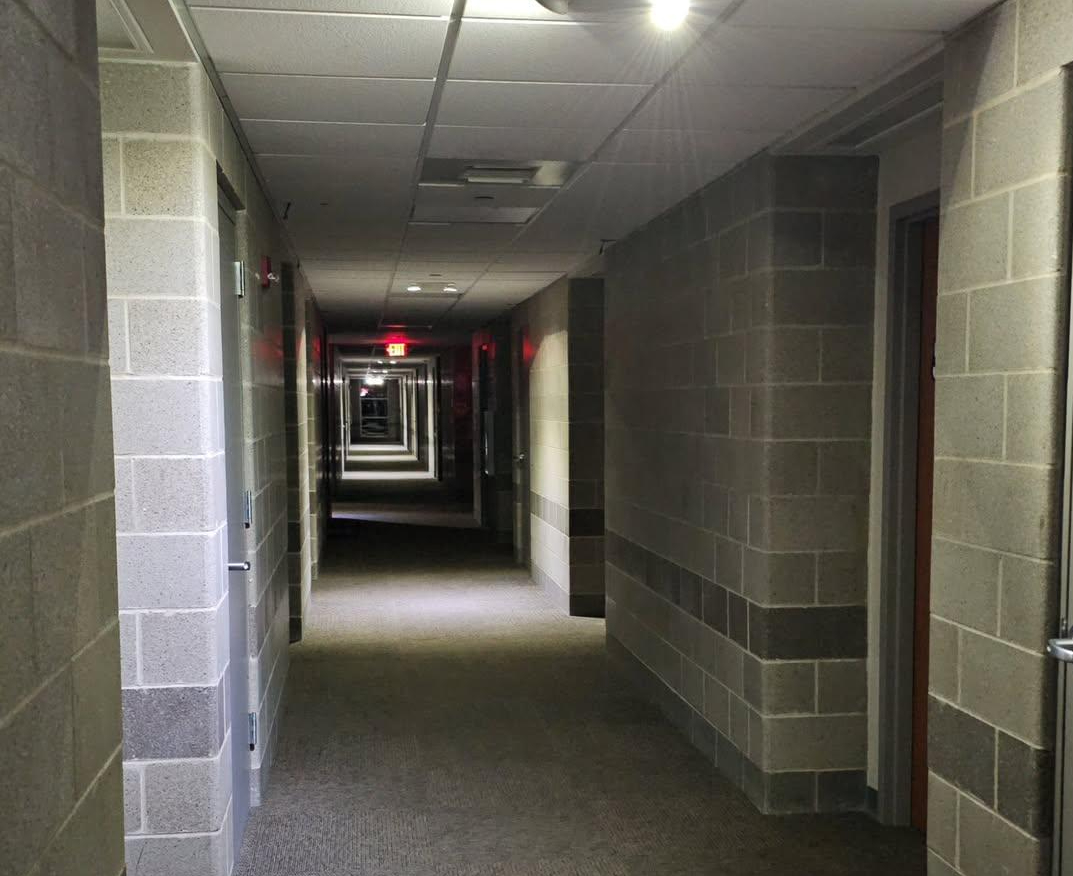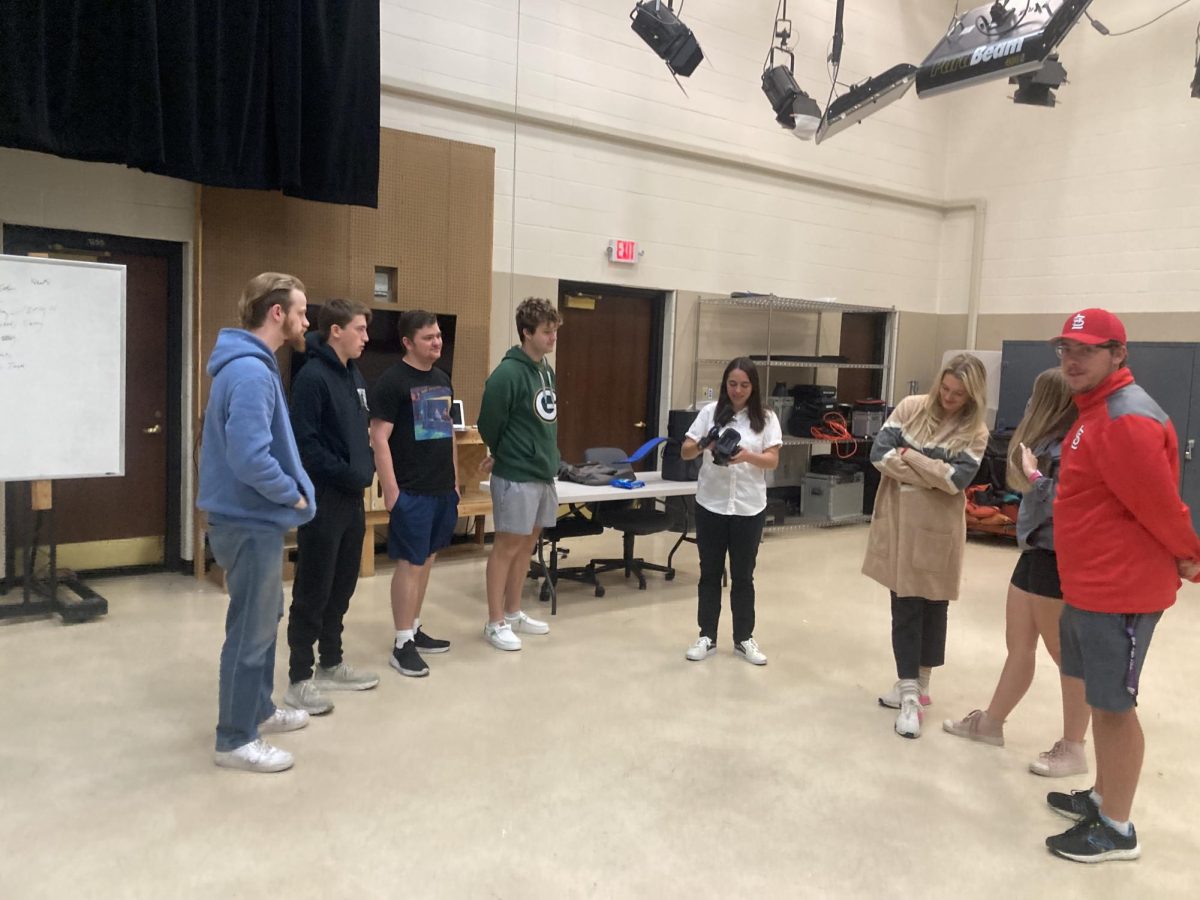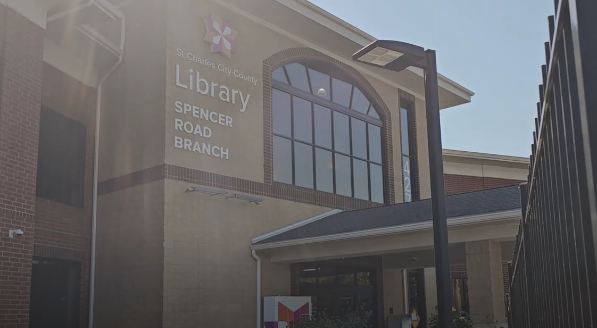[fyuse id=’r73g1kobdi’ width=’960′ height=’300′ autoplay=’0′ bg=’#990000′]
Phil Brahm | Lindenlink Managing Editor
From Print [September 15, 2015] | Legacy
Over 100,000 plastic water bottles have been kept out of local landfills, thanks to the help of the LU community and a series of water bottle filling stations around campus.
The five Elkay EZH2O filling stations spread between Spellmann, Harmon and Evans Commons have received an overwhelming amount of support since their installation over the past two years.
“The stations get a lot of use, and we have had a lot of positive feedback since they were put in,” said David Powell, a member of the maintenance department who helped place the stations in the three buildings.

Nick LeGrand, a sophomore at LU uses the stations on a frequent basis.
“I think these stations help very much,” LeGrand said. “It allows students to not only go green environmentally, but it can help financially as well, allowing them to skip the step of buying bottled water.
“It helps out both causes at once.”
Originally proposed by the Lindenwood Student Government Association and the Lindenwood University Sustainability Alliance, three filling stations were installed during August 2013, as part of the campus’ summer improvements.
Following the success of the initial stations, two more were added in Evans Commons.
While their ability to reduce the use of plastic bottles is arguably one of its biggest draws, the stations include several other features.
According to the manufacturer’s website, these sensor-activated stations allow reusable water bottles to be filled three times faster than a standard drinking fountain, while also eliminating contact with publicly used surfaces, which often translate to the spread of germs.
The price listed in Elkay’s catalog for the models currently at LU range from $1,200 to $1,600.
Even though there is currently no official plan to add more of these bottle filling stations around campus, University President Michael Shonrock urged that they be incorporated in the future.
“As we renovate and expand, we will use them moving forward,” Shonrock said. “We need to be sensitive to the environment, and each of us can have a positive influence.”









